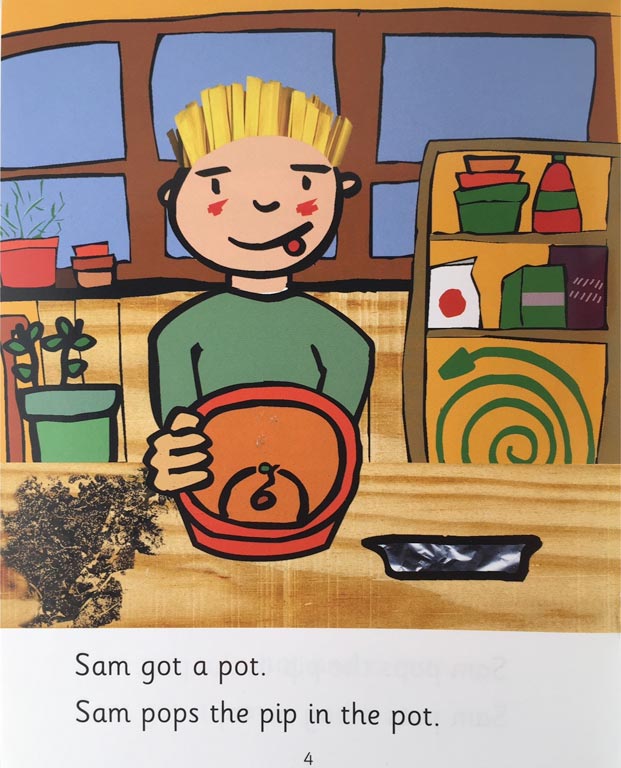
On Saturday, I was listening to Kathy Rastle’s keynote at the DSF conference in Perth. Kathy was talking about ‘The journey from form to meaning in English and other writing systems’, and arguing that, whilst learning to speak is primary knowledge, learning to read and write isn’t and has to be taught explicitly: phonics instruction equips children with the skills and knowledge to link sounds to text and to meaning.
At the end of her talk, someone asked the question: if a child comes
What we need to separate here are two things: receptive and productive vocabularies. If a child has a poor level of productive vocabulary, it doesn’t necessarily mean they can’t understand what is being said to them. Of course, it depends on the context of what is being said but then that applies to all of us.
Obviously, the most important job the school has to do is to provide such children with as rich and enabling an environment for improving their language as soon as is feasible.
Does this mean that teachers shouldn’t be teaching phonics in the meantime? Not at all! As I’ve already shown here, children can be taught the skills of segmenting and blending, as well as the linking of sound to spelling correspondences as they are increasing their vocabulary. In fact, teaching them simple words through word building is going to increase their vocabulary even further. And after teaching a relatively small number of sound-spelling correspondences, reading carefully controlled, phonically decodable books will also add to their repertoire and to their pleasure.